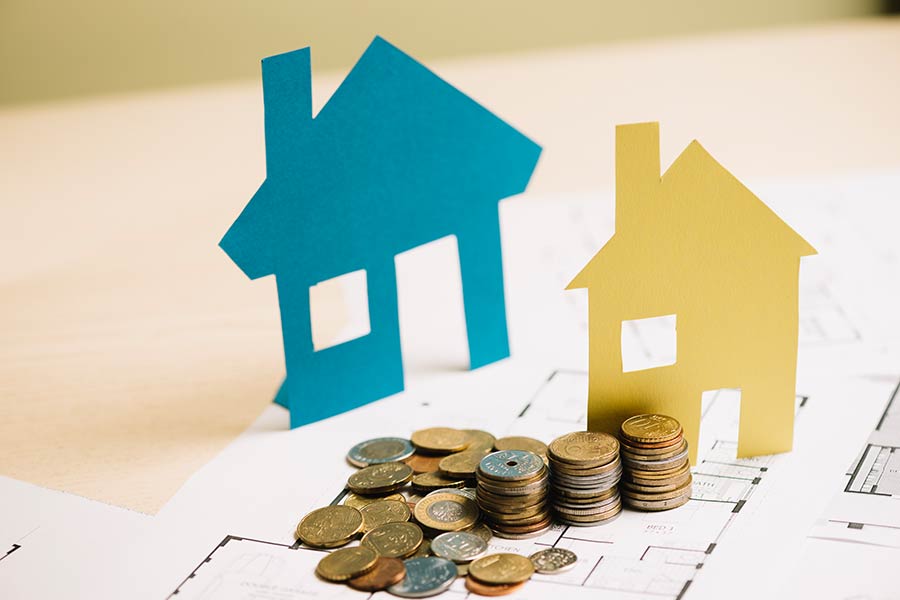
What is a Reverse Mortgage?
A Reverse Mortgage operates similarly to other types of mortgages with one notable exception: the borrower isn't required to make principal and interest payments (though property taxes, insurance payments, and applicable HOA fees remain necessary). Essentially, a Reverse Mortgage provides a loan to a homeowner of senior age, using a portion of their home equity as collateral. The loan becomes due when the borrower permanently moves out, sells the home, passes away, or fails to meet financial obligations. Upon such events, the proceeds from the home sale are used to repay the mortgage balance. Any surplus funds go to the homeowner or their estate if they've passed away. In certain cases, heirs may choose to settle the loan to retain ownership of the family home. However, failure to fulfill financial obligations in accordance with program guidelines may lead to foreclosure proceedings.

